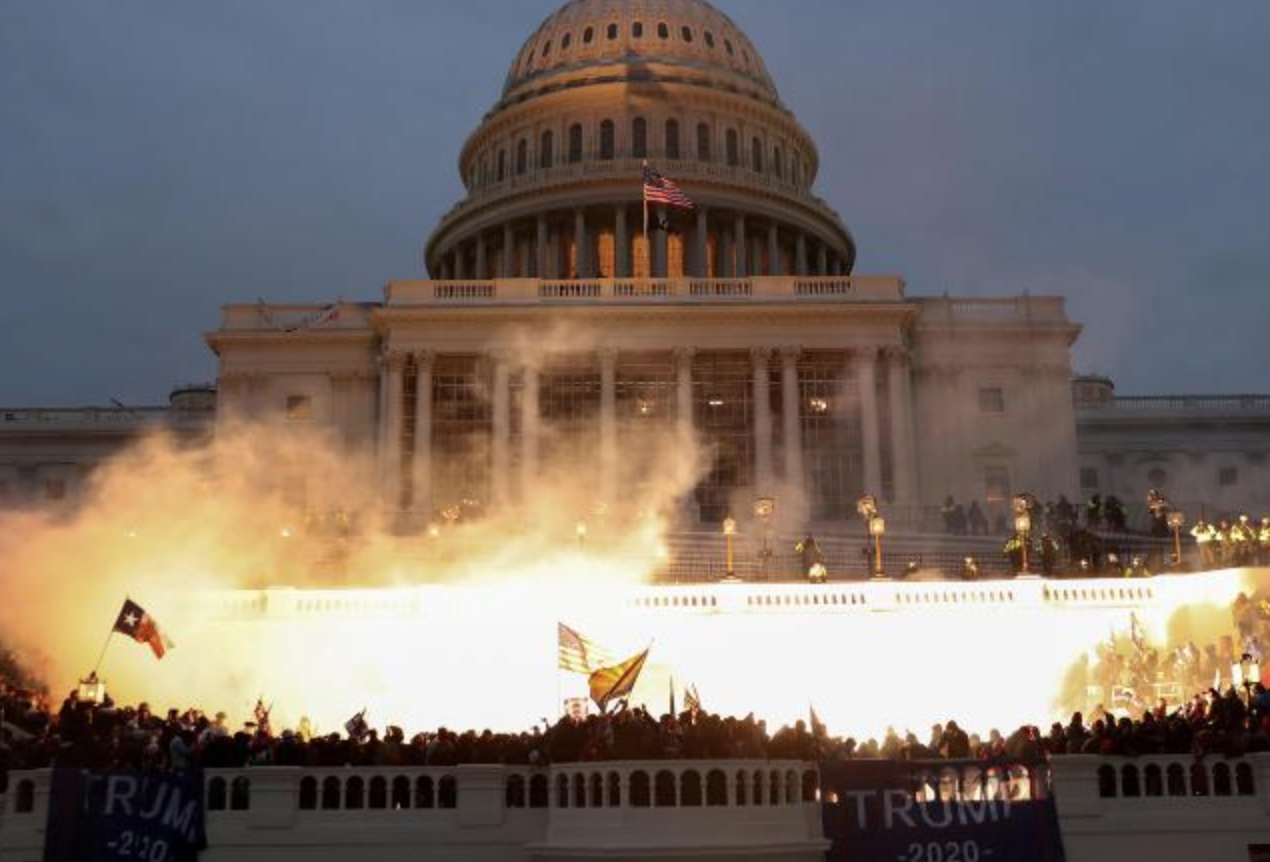What about that elephant in the religion-beat living room?
I’m talking about nondenominational evangelical and charismatic Protestantism. It’s everywhere. It shows up in story after story, from the January 6th riots at the U.S. Capitol to discussions of the future of the Southern Baptist Convention and other big religion name brands.
In the past week or two, here at GetReligion, we had: “NPR discovers megachurches! But, wait, there is one new wrinkle in this old story.” Or how about: “Many churches are vanishing, while others are growing. Trends worth covering?” Then again: “How many believers exit their childhood faith? And where are they headed these days?”
I could go on. But nondenominational churches play a major role in lots of stories and trends worthy of coverage.
So, as a weekend “think piece,” let me point readers to a must-read Christianity Today piece that Bobby Ross, Jr., plugged in last week’s Plug-In feature. Here’s the headline on that Daniel Silliman feature: “Nondenominational Churches Are Growing and Multiplying in DC.”
Now, this is a story about religion inside and close to that Beltway thing. But it’s also relevant to people trying to understand that nondenominational elephant (sorry for the political animal image). Thus, the overture:
The District Church could be a Baptist church. The lead pastor, after all, grew up as a Southern Baptist missionary kid and still has a lot of ties to that denomination.
It could also be Anglican, with the way it leans into liturgy and the church calendar. Or a social justice church, with its focus on the inequality so visible in Washington, DC, or charismatic, with its emphasis on prayer and sensitivity to the Spirit.
Instead, the church is a little bit of all these things. It is nondenominational, pulling together different Christian streams to minister effectively to the young white professionals who have moved to work in the capital, as well as the upwardly mobile Nigerians and South Koreans who’ve emigrated to the seat of the United States government.










